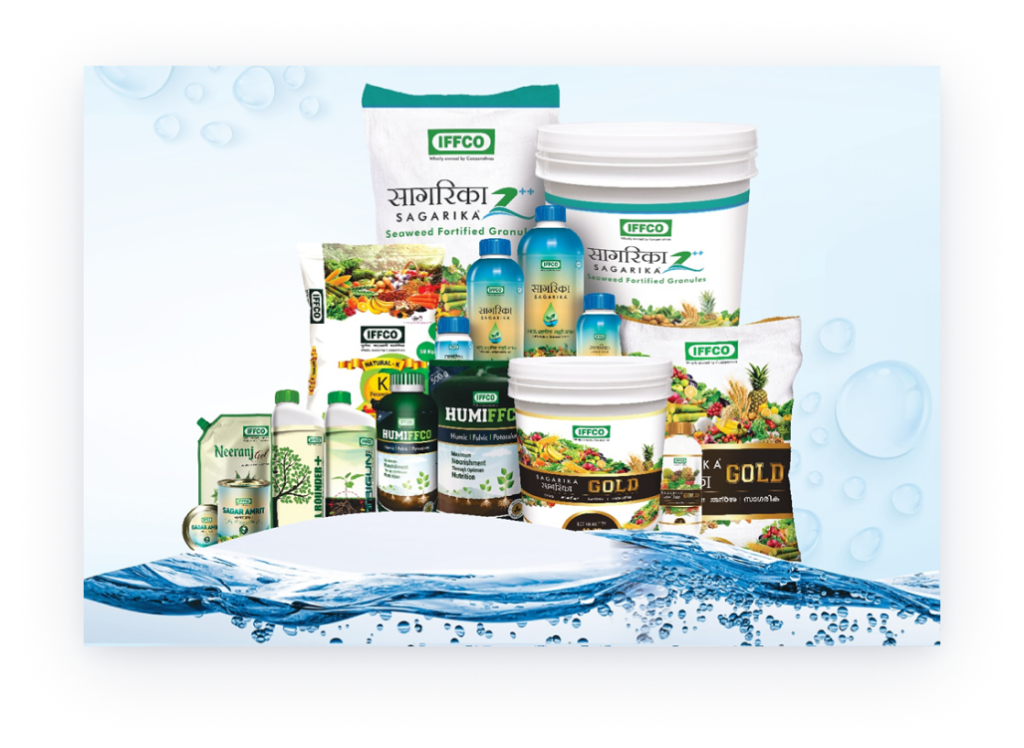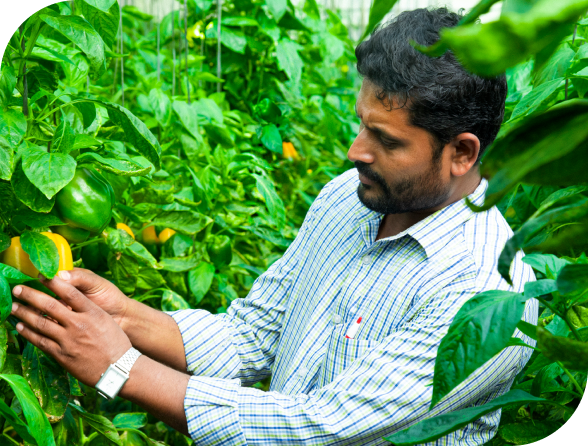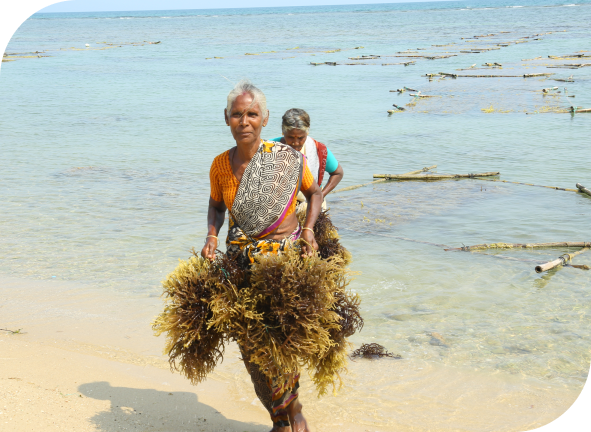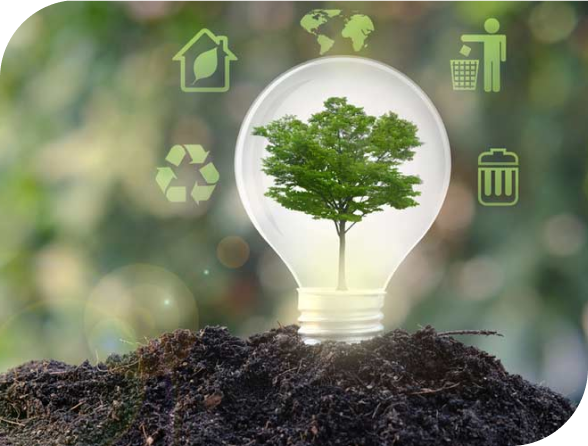IMPACT CREATED
Securing the tomorrow of seaweed cultivators. Sustainable seaweed for a greener future
Sustainable Goals
Using seaweed cultivation, we want to transform society, creating a better world. With positive climate action at the helm, we are turning seaweed into sustainable solutions for the future.
Our Sustainability Development Goals
At AquAgri, our business practices are ingrained with the aim of building a sustainable tomorrow. We focus on spearheading sustainable development goals head-on with every decision we take.
No poverty
No Hunger
Gender Equality
Life on Land
Life below Water
Climate Action
Bio-stimulants
In the last three decades, the focus of agricultural production has shifted to a more sustainable approach. Several technical advancements have been proposed to minimise using synthetic agrochemicals like pesticides and fertilisers.
An eco-friendly alternative to these chemicals is using organic seaweed-based bio-stimulants. These bio-stimulants enhance crop productivity and plant growth and improve quality of produce. They also improve nutrient use efficiency (NUE) and build a tolerance to a variety of abiotic stressors.
Iffco-Sagarika boosts plant growth and productivity.
Sagarika granules have been used in 9.2 million hectares
Sagarika liquid in 3.2 million hectares
Increase in yield if we take only 10% and consider rice still impact per hectare is Rs 15000 additional income for the farmer


Sagarika liquid in 3.2 million hectares

Additional Income
Increase in yield if we take only 10% and consider rice still impact per hectare is Rs 15000 additional income for the farmer

Fishing has always been an essential source of livelihood for coastal communities. However, due to over-exploitation, fishing is no longer a viable means of sustenance. AquAgri Processing Pvt. Ltd. aims to create seaweed cultivation as a sustainable livelihood alternative for these coastal communities.
AquAgri has taken measurable steps to facilitate Seaweed cultivators:
- Providing necessary training and technical know-how to cultivators.
- Buy-back guarantee for the entire production at a pre-agreed price.
- Introducing a new Incentive Saving Scheme (APPL-GIP-Growers’ Investment Program) to improve the economic status of cultivators.
- Improving the state of the coastal communities by creating entrepreneurs.
- Providing continuous on-ground technical support and supervision from our extended field team.


The impact created by Aquagri:
- By creating equal work opportunities, we have empowered rural women and uplifted their socioeconomic status by giving them control over their income.
- With every seaweed cultivator that partners with us, we lay the foundation of a cottage industry. Since each of these cultivators is an independent entrepreneur, they work as small business owners supported by us.
- The fact that the Seaweed cultivators have control over their business also instils a sense of stewardship in them, encouraging them to keep their cultivation site well-managed.
The impact created by AquAgri:
- Acidification of the ocean poses a grave threat to the coral reef. Seaweeds have the ability to sequester carbon dioxide and reduce the emission loads, preventing ocean acidification.
- Seaweed can sequester carbon dioxide (CO2) from the atmosphere through a process known as “blue carbon.” Blue carbon refers to the carbon that is captured and stored by coastal and marine ecosystems such as mangroves, seagrasses, and seaweed. The biostimulants made from seaweed reduce chemical fertiliser usage to the tune of 25%. Thereby reducing water mainly caused by nitrogenous fertilizers and improving soil health.
- Co-cultivation of fish and seaweed, also known as integrated multi-trophic aquaculture (IMTA), is a sustainable and innovative farming technique that involves growing multiple species in a shared ecosystem. This approach is gaining popularity because it provides several benefits, including reducing waste and increasing resource efficiency.
- Seaweed is a natural source of KCl (Salt of Potassium) and a trove of micro and macronutrients.

AquAgri was born out of the aim of improving the socio-economic lives of coastal communities. Over the years, our efforts have helped these families improve their economic status and have a better standard of living.
The impact created by AquAgri:
- AquAgri has partnered directly with the cultivators, omitting any third-party intervention and ensuring that payments go straight to the cultivators’ bank accounts, resulting in financial inclusion.
- AquAgri plays the role of micro-financer to build seaweed cultivation.
- Due to direct payments to the cultivators, the cash flow remains within the villages leading to the overall economic upliftment of the community.
- Seaweed cultivation has emerged as a sustainable livelihood for the communities providing them with a stable, recurring source of income.

Seaweed cultivation can provide a promising alternative for farmers without access to land, offering them an opportunity to generate income and improve their livelihoods. AquAgri intends to lead the way to establish India as a global seaweed production player.
References
Seaweed cultivation and utilisation, National Academy of Agricultural Sciences, Government of India, December 2003 – Policy paper 22
Mariculture development opportunities in SE Sulawesi, Indonesia
